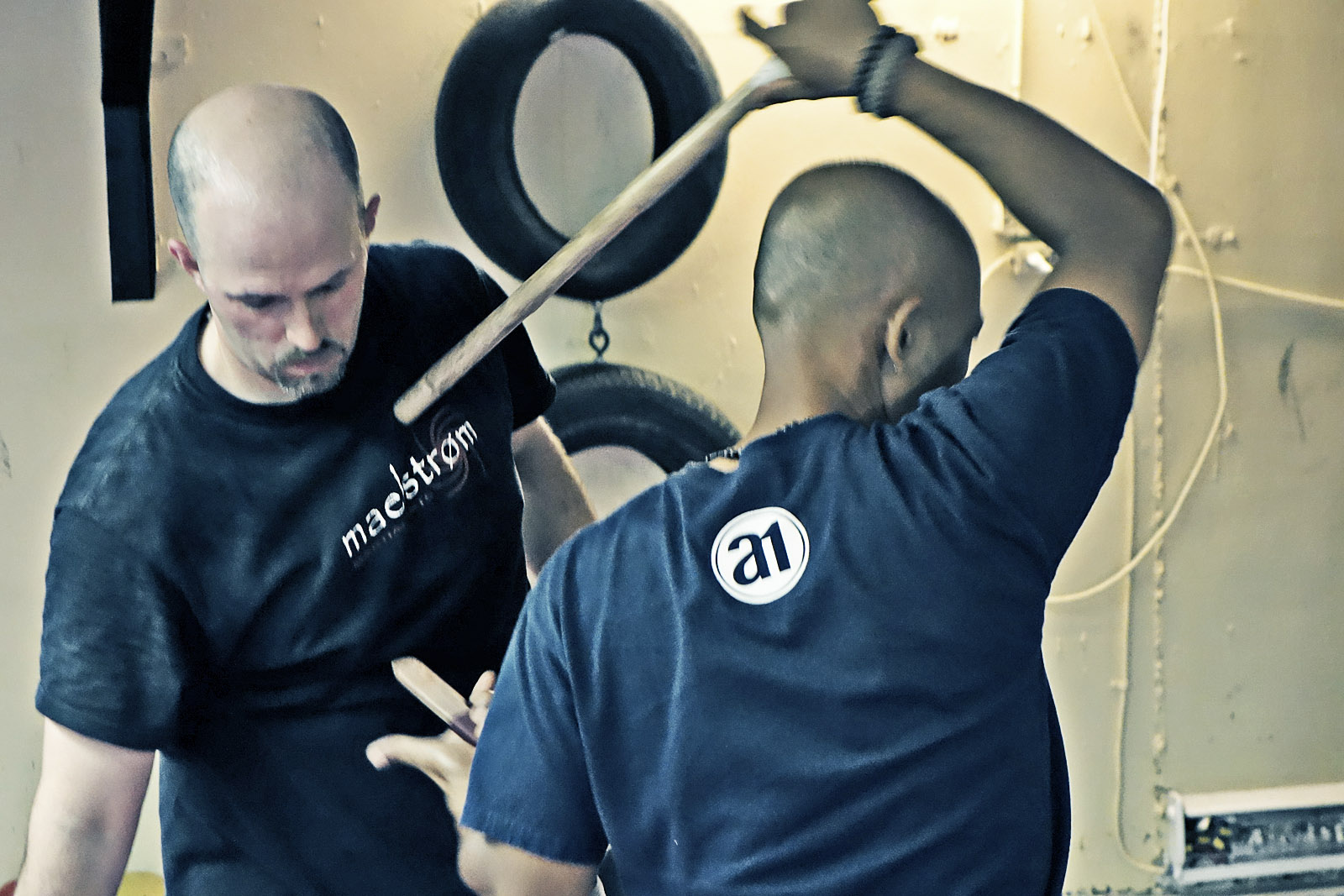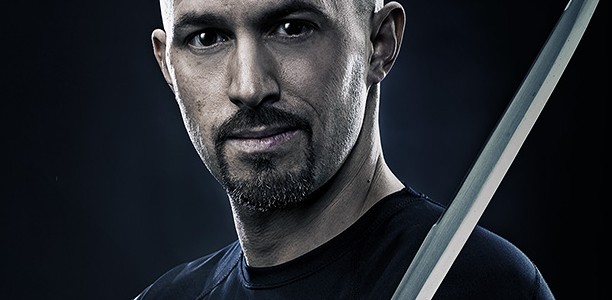Anyone who has been involved in the martial arts has at some point engaged in “partner training”. There are great many benefits that can be derived from such training despite that fact that there often exists significant differences between individuals in terms of experience, skill, energy, and intent. So how does one maximize the benefits of training with others?
Perhaps thinking about partner training in terms of a “conversation” can in part answer that question. As in any conversation, clear, controlled, and deliberate discourse is essential in achieving a reciprocal exchange of understanding and direction, both allowing for others to express their views, as well as appreciating and incorporating the views of others.
In this sense partner training is no different. We can enter a “partnership/conversation” with an attitude of dominance and self-importance (as many of us have experienced in normal conversations outside the martial atmosphere) or we can approach it with the intent of not only training ourselves, but our partners as well; no matter what level your partner operates at. In other words, we all have something to learn from each other, and the discourse of martial movement is how the martial artists both improves their skills while at the same time providing the guidance and inspiration for their fellow martial citizens. In other words, by entering a partner training session with clear, controlled, and deliberate movements which take into account the emotional, technical, and overall attitude of our fellow practitioners, we are best able to receive and deliver the lessons which we all have to teach each other.

Moving quicker than your opponent, with more strength or technical dominance is fine, as long as you temper this will an accounting of to whom you are engaging with and in what context you are operating. Obliterating a newly initiated sister or brother does not lend itself well to a feeling of comradeship, nor does it provide an avenue of comfortable, safe, and enjoyable training, Conversely, trying to “win” against a more advanced student by hitting harder or diverging from the appropriate training drill to “score” a point also relates to a less than co-operative and clear martial discourse; usually ending up in one if not all parties receiving an injury (whether physical or emotionally).
As in any good conversation, we need to pay attention to the cues we give each other, those little signs that tell us if we are paying attention to each other or not, if we are delivering techniques or attitudes that are in line with the current conversation, or if we are simply just “thinking out loud”. This discourse of martial movement is an essential element of all our training, we just need to tune into it each and every time we agree to participate in a conversation, and in doing so maximize our training and our martial relationships.
Written by: Stavros
